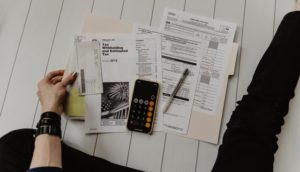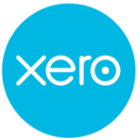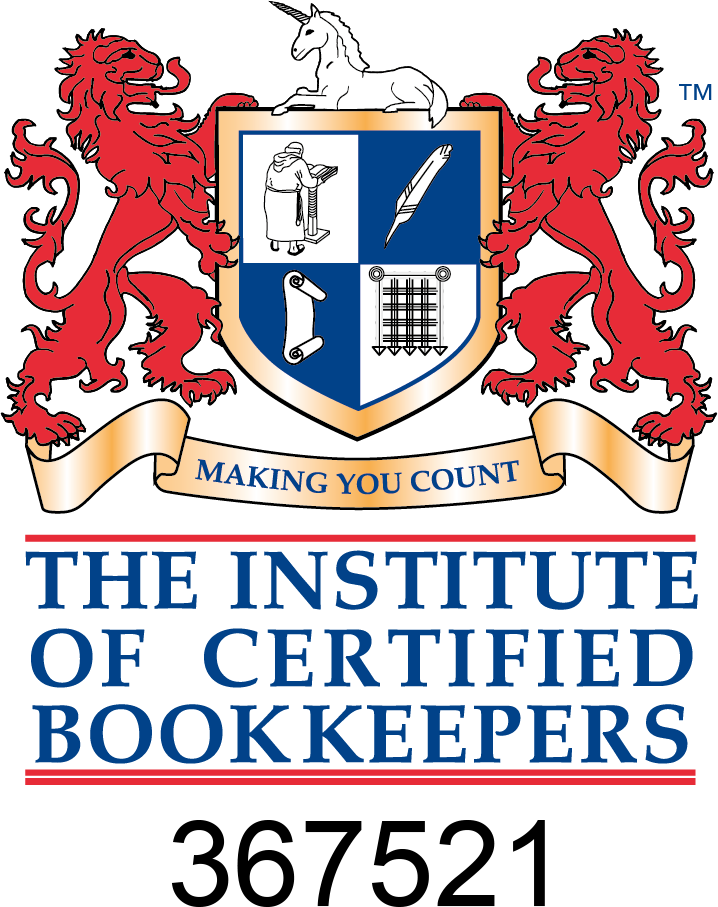All UK incorporated companies must pay corporation tax.
To do this, they must prepare and file a tax return within time limits specified by HMRC.
This is a detailed administrative process that you really cannot afford to get wrong.
When Do You Pay Corporation Tax?
Usually, the deadline for submitting your corporation tax return is twelve months after the end of your accounting period. This period is what your tax liability will cover.
The deadline for paying your corporation tax bill is separate, and is nine months and one day after the end of your accounting period.
Your company year end is the same as your accounting reference date (ARD).
If you fail to pay your corporation tax on time, you can face penalties. We will look at these in more detail later.
Here are the important dates for working out your corporation tax deadline:
- Accounting year-end date
- Nine months and one day after accounting year end – your corporation tax is due
- 12 months after accounting year end – your company tax return is due
Please note: if you are a larger company with a turnover of more than £1.5 million, you should pay your corporation tax in instalments.
How Can You Pay Your Corporation Tax Bill?
To pay your corporation tax bill, you must have registered your company with HMRC.
You must do this within three months of forming your limited company.
You will need these details to register with HMRC:
- The date you started the business – this will also be the start date of your first accounting period
- Your company’s name and Companies House registration number
- Your company’s main address
- The type of business
- The date up to which your annual accounts will cover
- Names and addresses of your company directors
After you have registered with HMRC, you can file your company tax return. This will form the basis of HMRC’s corporation tax calculation.
Once you receive your corporation tax bill from HMRC, there are various ways of paying it:
- Pay corporation tax online, via CHAPS (Clearing House Automated Payment System) or Bacs (Bankers automated clearing system)
- Pay it over the phone using telephone banking
- Direct debit
- At your bank or building society
Whichever payment method you choose, you must make sure that you pay by the HMRC deadline.
Therefore, make sure you understand how long your chosen payment method takes to clear. For example, CHAPS allows for same day or next day payments, whereas you should allow three working days with Bacs or direct debit.
If you have not set up a direct debit for this payment before, you should allow five working days.
How Much Tax Do You Pay on Corporation Tax?
At present, the main rate of corporation tax in the UK is 19 per cent. This means you will pay tax on 19 per cent of your annual profits.
This figure applies to the upper earning limit, marginal rate, and lower limit of company earnings.
However, from April 2023, this 19 per cent rate will change and instead:
- The upper limit for profits over £250,000 will be 25 per cent
- The marginal rate for profits between £50,000 and £250,000 will be 25 per cent
The lower limit for profits under £50,000 will stay at 19 per cent.
There will be a marginal relief system in place for those companies with profits between £50,000 and £250,000. This will increase the tax rate gradually until it reaches 25 per cent.
Companies involved in North Sea oil and gas production currently pay a higher corporation tax rate and banks must pay an eight per cent surcharge.
Various forms of relief are available to help reduce your corporation tax bill. These include:
- R&D tax credits
- Capital allowances
- Super deduction
- Loss relief
The total amount you end up paying on corporation tax will depend on what allowances or other deductions you are eligible to claim.
For example, SMEs can claim 14.5 per cent of qualifying R&D expenditure, which then comes off their corporation tax.
The annual investment allowance (AIA) lets companies deduct a maximum of £200,000 a year from their taxable profits. This mainly applies to money invested in plant and machinery.
The super deduction allowance runs until March 31 2023, enabling companies to claim 130 per cent of plant and machinery investment against their taxable profits.
Companies can also offset their annual losses to reduce their corporation tax. You can carry trading losses back one year, so if your preceding year’s losses come off this year’s tax.
In your first four years and last year of trading, you can carry trading losses back three years, rather than just one.
You can carry trading losses forward too, deducting losses in this year from next year’s profit.
What Reference Do I Use to Pay Corporation Tax?
When HMRC sends you your corporation tax bill, this will show your 17-character reference number. This is the reference number for the accounting period you are paying.
You will find this reference number on any HMRC payslip you receive.
You can also find it by going to your online HMRC account. You simply select to view account then go to accounting period.
You must use the correct reference number when paying your corporation tax. If you don’t, this may delay payment and could lead to penalties.
On the back of your payslip there’s information about which HMRC account to pay into:
- HMRC Cumbernauld, or
- HMRC Shipley.
If you are unsure which HMRC account to use, choose Cumbernauld.
What Happens if I Can’t Pay My Corporation Tax?
There are penalties if you are late in paying your corporation tax and submitting your corporation tax return.
If your tax return is late, these penalties apply:
- If you’re late by one day, the fine is £100
- For three months, it’s another £100
- If you’re six months late, HMRC will estimate your bill and add a 10 per cent penalty to it
- For 12 months, HMRC will add a further 10 per cent to your estimated tax bill.
If you fail to pay your tax on time, HMRC will charge you interest on what you owe and may also add a penalty or surcharge.
HMRC can also force you to pay if you fail to pay on time. These enforcement actions include:
- Collecting the money you owe through your earnings or pension
- Using a debt collection agency to obtain the money
- Selling your assets to cover the debt
- Taking money from your bank or building society accounts
- Taking you to court
- Declaring you bankrupt or shutting down your business
Failing to pay your corporation tax bill is a serious matter with long-reaching and potentially devastating consequences for you and your business.
HMRC, therefore, suggests that you contact them as soon as possible if you think you will be late in paying your corporation tax. If your company is in tax debt, HMRC will want to discuss its finances with you.
Your first option is to make a proposal to HMRC verbally about how you will pay your tax bill.
HMRC may be willing to set up a payment plan to help you pay. Before doing this, they’ll ask to see cash-flow projections and your management accounts to get a clear idea of what you can pay immediately and how you can pay the remaining balance.
What they’ll be looking for is your willingness to reduce your tax debt as much as possible before you make a formal arrangement to pay in instalments. This may include selling company assets or releasing shares.
HMRC can ask company directors to put personal funds into the business, take out loans, or extend their credit.
If HMRC lets you pay your corporation tax in instalments, this is known as a Time to Pay (TTP) arrangement. This is an agreement between you as a taxpayer and HMRC. It allows you to pay your corporation tax in instalments rather than as a lump sum.
Generally, a TTP will only apply where you have short-term issues with your cash flow. If your late payment of corporation tax is due to deeper, ongoing problems with your business then this will not be an ideal solution.
The criteria for getting a TTP arrangement are rigid. HMRC will be reluctant to grant it if you’ve had this arrangement before. HMRC will look at how your company has communicated with it previously, and will want to see that you are organised with tax returns.
Basically, it will need reassurance that, if a TTP arrangement is agreed, you will be able to make regular payments on time.
If you fail to pay your instalments on time under this arrangement, HMRC will consider other measures to collect the outstanding tax payments.
There is an HMRC helpline for Time to Pay relating to corporation tax. Phone 0300 200 3835.
Support With Your Corporation Tax
Our corporation tax services can help make the entire process of managing corporation tax returns and payments more streamlined for you.
The key to managing your payments and avoiding late penalties is knowing your figures.
We will also bring a professional, forensic focus to your allowances, to make sure you are not missing out on any reductions in your corporation tax bill.
Having to pay corporation tax can feel like a burden, but we will lighten the load for you.
We’re chartered accountants specialising in cloud accountancy for SMEs. Please get in touch to find out how we can support your enterprise.







